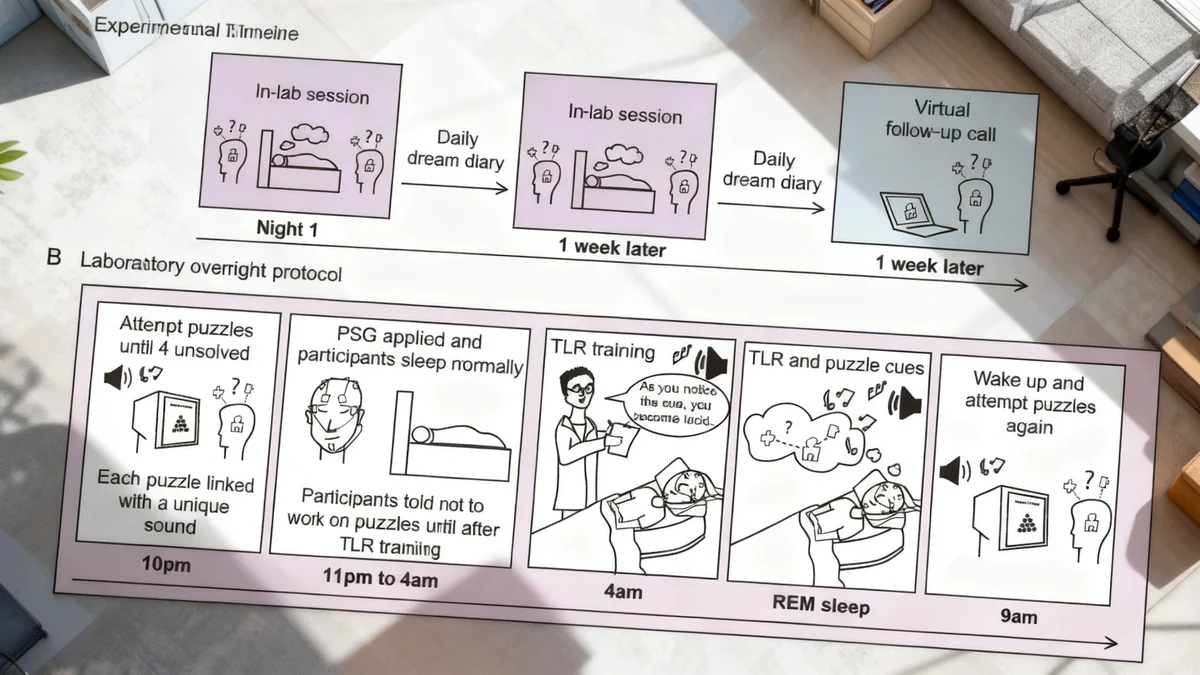In an era of rapid scientific advancement and widespread misinformation, the role of specialized science journalism has become more critical than ever. Dedicated teams of journalists work to translate complex discoveries into clear, accessible information, serving as a vital bridge between the scientific community and the general public.
These journalists are not just reporters; they are storytellers who contextualize breakthroughs in fields ranging from genetic engineering to space exploration. Their work aims to foster a deeper public understanding of science, demystify intricate topics, and help audiences navigate an increasingly complex world.
Key Takeaways
- Specialized science journalism is essential for translating complex research into understandable content for the public.
- It plays a critical role in combating misinformation by providing accurate, fact-checked information.
- Effective science communication helps build public trust in scientific institutions and processes.
- By making science engaging, it can inspire the next generation of scientists and innovators.
The Mission of Modern Science Communication
The primary goal of a dedicated science news desk is to make science accessible. This involves breaking down complex jargon and methodology into plain language without sacrificing factual accuracy. This process is crucial for ensuring that scientific progress is not confined to academic circles but is shared widely.
Journalists in this field often have backgrounds in science, which allows them to understand the nuances of research papers and interview experts with a high degree of comprehension. This expertise is vital for asking the right questions and identifying the most significant aspects of a new discovery.
According to a 2022 report by the Pew Research Center, public trust in science can be heavily influenced by how it is communicated. Clear and transparent reporting helps build this trust, while sensationalism or inaccuracy can erode it quickly.
Bridging the Gap Between Lab and Public
Many scientific breakthroughs have profound implications for society, affecting everything from public health to environmental policy. Science journalists are responsible for explaining these implications in a clear and balanced way.
For example, reporting on genetic engineering requires not only explaining the technology itself but also exploring the ethical considerations and potential societal impacts. This balanced approach provides readers with the information they need to form their own informed opinions.
Context: The Evolution of Science News
Historically, science news was often relegated to specific sections of newspapers and magazines. With the rise of digital media, science content is now more widespread but also competes with a flood of misinformation. This has increased the demand for credible, well-researched journalism from trusted sources to help the public distinguish fact from fiction.
The Process of Demystifying Complex Topics
Turning a dense scientific study into a compelling news story is a multi-step process. It begins with a thorough understanding of the research, often involving reading the original paper and speaking directly with the scientists involved.
The next step is to identify the core message. What is the key finding, and why does it matter to the average person? This involves filtering out technical details that are not essential for a general understanding and focusing on the bigger picture.
"Our job is not just to report the facts, but to provide context. We need to explain why a particular discovery is important, how it fits into the broader landscape of scientific knowledge, and what it might mean for the future."
This storytelling approach helps make science engaging and memorable. By framing discoveries within a narrative, journalists can capture the reader's interest and make complex ideas easier to grasp.
Did You Know?
A study published in the journal 'Public Understanding of Science' found that narrative-style science articles were more likely to be read and shared than those that presented information in a purely technical format. This highlights the importance of storytelling in effective science communication.
Covering a Diverse Range of Scientific Fields
The world of science is vast, and a dedicated science desk must cover a wide array of subjects. This diversity ensures that readers are kept informed about progress across the entire scientific spectrum. Key areas of coverage often include:
- Space Exploration: Reporting on missions from agencies like NASA and private companies, as well as discoveries about our universe.
- Artificial Intelligence: Explaining the latest developments in AI, its applications, and its ethical implications.
- Biotechnology: Covering breakthroughs in areas like genetic engineering, pharmaceuticals, and medical research.
- Environmental Science: Providing clear, data-driven reporting on climate change, conservation, and sustainability.
Each of these fields requires a specialized knowledge base. Journalists often develop expertise in specific areas, allowing them to provide in-depth analysis and insightful reporting. This specialization is crucial for maintaining accuracy and credibility.
The Fight Against Misinformation
In the digital age, misinformation can spread rapidly. Dedicated science journalism serves as a crucial line of defense against false or misleading claims. By providing reliable, evidence-based information, these journalists help the public make sense of complex issues.
Fact-checking is a cornerstone of this process. Every claim in a science news article must be verified against credible sources, including peer-reviewed studies and expert interviews. This commitment to accuracy is what distinguishes professional journalism from unsubstantiated content found online.
Ultimately, the work of science journalists is about more than just reporting news. It is about fostering a scientifically literate society that is equipped to make informed decisions about the future. By bringing the mysteries of the universe to the public with precision and passion, they empower readers with knowledge.





